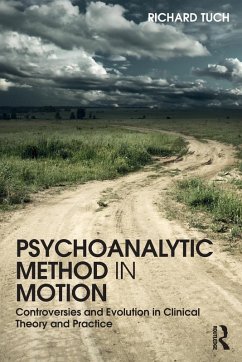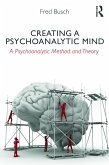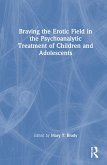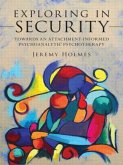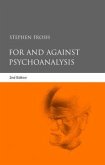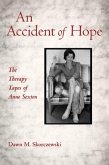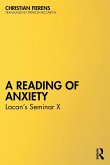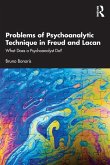Psychoanalytic Method in Motion identifies and examines varied controversies about how psychoanalysts believe treatment should best be conducted. Irrespective of their particular school of thought, every analyst builds up a repertoire of his favored ways of working, which some analysts come to see as the most efficacious approach to treatment available. While such differences of opinion are unsettling, and may even threaten to tear the field asunder, this book sees these differences as benefitting psychoanalysis by improving the ways in which psychoanalysts and psychoanalytic psychotherapists practice. ¿ In this book, Richard Tuch covers the waterfront by examining controversies that further the field by raising questions that help evolve the treatment, challenging every analyst to re-think what they are doing in the consulting room...and why. Some of the chief controversies explored include: the enactment debate-unparalleled tool or regrettable error? whether analysts can truly be "objective"-whatever that means the advantages and disadvantages arising from the analyst's use of authority the ways in which theory influences the analyst's search for data-blinding him to evidence he implicitly discards as irrelevant ¿ whether any given treatment approach is more efficacious than others, as some analysts claim the legitimacy of psychoanalysis itself-whether it can truly be considered scientific whether certain methods of supervision are more effective than others whether free association can be considered therapeutic in and of itself the extent to which an analyst preferred clinical theory is a product of his personality Drawing on ideas from a range of different analytic perspectives, this book is an essential and accessibly written guide to working towards best practice in the analytic setting. Psychoanalytic Method in Motion will appeal greatly to both students and practitioners of psychoanalysis and psychoanalytic psychotherapy.
Hinweis: Dieser Artikel kann nur an eine deutsche Lieferadresse ausgeliefert werden.
Hinweis: Dieser Artikel kann nur an eine deutsche Lieferadresse ausgeliefert werden.

